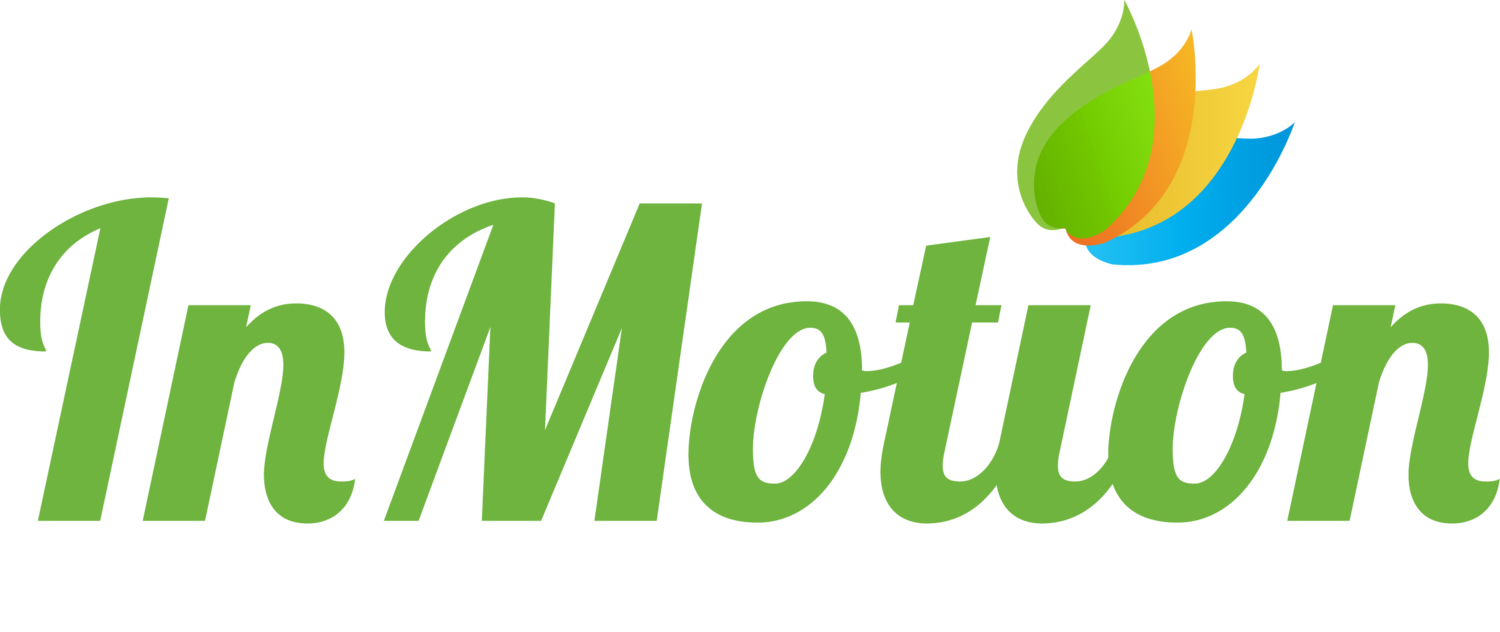What You Can Learn from The World’s Top Performing CEO (and 6 Ways to Learn It)
Have you notices that when you ask people “What makes a good leader?” people generally say good character is essential, along with business chops, and maybe good people skills? Yet, when we talk about, read about, or attempt to develop leadership in ourselves or in others, we focus on skills (communication, team development, etc.) and style (collaborative, authoritative, etc.).
We make reference to leadership character, but we don’t often focus on how to develop character. We don’t actively create opportunities designed for developing character. We are not consistent in reinforcing character, through praise, recognition, valued assignments, or promotions.
Perhaps our focus is starting to shift.
Lars Rebien Sorensen, CEO of Norvo Nordisk, was named the world’s top performing CEO, by the Harvard Business Review. What separated Mr. Sorensen, from 99 other CEOs? Perspective. In particular, the take he and Norvo Nordisk have on corporate social responsibility, in addition to long-term financial results.
“I would change that to say the business of business – but with a long term perspective. Corporate social responsibility is nothing but maximizing the value of your company over a long period. In the long term, social and emotional issues become financial issues.” ~ Lars Rebien Sorensen, CEO of Norvo Nordisk
Perspective Is an Essential Leadership Trait
Previously I’ve written about 4 essential leadership character traits, which includes, perspective.
Perspective is often called wisdom. Perspective is the ability to take in and make sense of the bigger picture including facts, procedures and feelings. Leaders must make decisions that position their organization and selves for long-term success. That requires taking in the strong points and limitations of the organization, themselves, other staff and the competition in order to generate ideas and plan in a systems oriented way.
Perspective Matters at All Levels From Mid- Management to the C-Suite
Perspective is essential for all professionals, at levels in all organizations. At the C-level perspective is crucial to enact vision is important, because strengths and weakness must be wholly and fairly assessed to make decisions in order to position an organization for long-term success. At the mid-management level perspective is required to engage effectively in change and strategy development1.
Individuals all do better, organizations do better when we pay attention and make sense of what is on the immediate horizon and the distant horizon.
Perspective facilitates system thinking, because both the interrelationships between aspects of the whole organization and the competing needs within the whole organization are accounted for. Plus people in different roles, at different levels of an organization, have different perspectives, when those collectively looked at you get a full and nuanced view that is greater the and the sum of its parts. The same principles hold true for all types of organizations, small and large family owned business, small and large non-profits, banks, credit unions, universities, restaurant groups, accounting firms, law offices, medical schools and more. And these principles are true for teams, communities or any other type of systems.
Six Ways to Build Perspective
1. People with a perspective are aware of what they know and what they do not know. And they admit both. Know your short-comings and areas where your knowledge is lacking, then find ways to address the gaps. Find someone who knows something you do not and learn from them. Read. Watch a TED talk. Take a course.
2. Build your emotional intelligence. People with good perspective sense what others are feeling and thinking and respond to others accordingly, and that helps you see both the big and small picture.
3. Do unto yourself as you would do to others. What you feel directly influences what you think. Set aside time once a week to think through how your beliefs connect with your emotions in order to develop a deeper sense of perspective.
4. Temper what you know with good judgement so you share the right information at the right time and prevent being seen as a know-it-all.
5. Make a practice of noticing when someone does the right thing and acknowledging that, to them, and to others. You’ll continue to enhance your own knowledge as you do.
6. When faced with a problem, imagine having a conversation with a wise person about it. What questions are asked? What advice is offered? What answers are given?
Deirdre Danahar is an executive coach and organizational consultant helping high performing people and teams be forward-thinking, enhance performance and improve their bottom line by making themselves and their communities better. Contact her at deirdre@inmotioncc.com.
1Gentry, William A., Cullen, Kristin L., and Altman, David G., The Irony of Integrity: A Study of the Character Strengths of Leadership, Center for Creative Leadership, Dec. 2012; Crossan, Mary, Gandz, Jeffrey, and Seijt, Gerard, Developing Leadership Character, Ivey Business Journal, 2012
